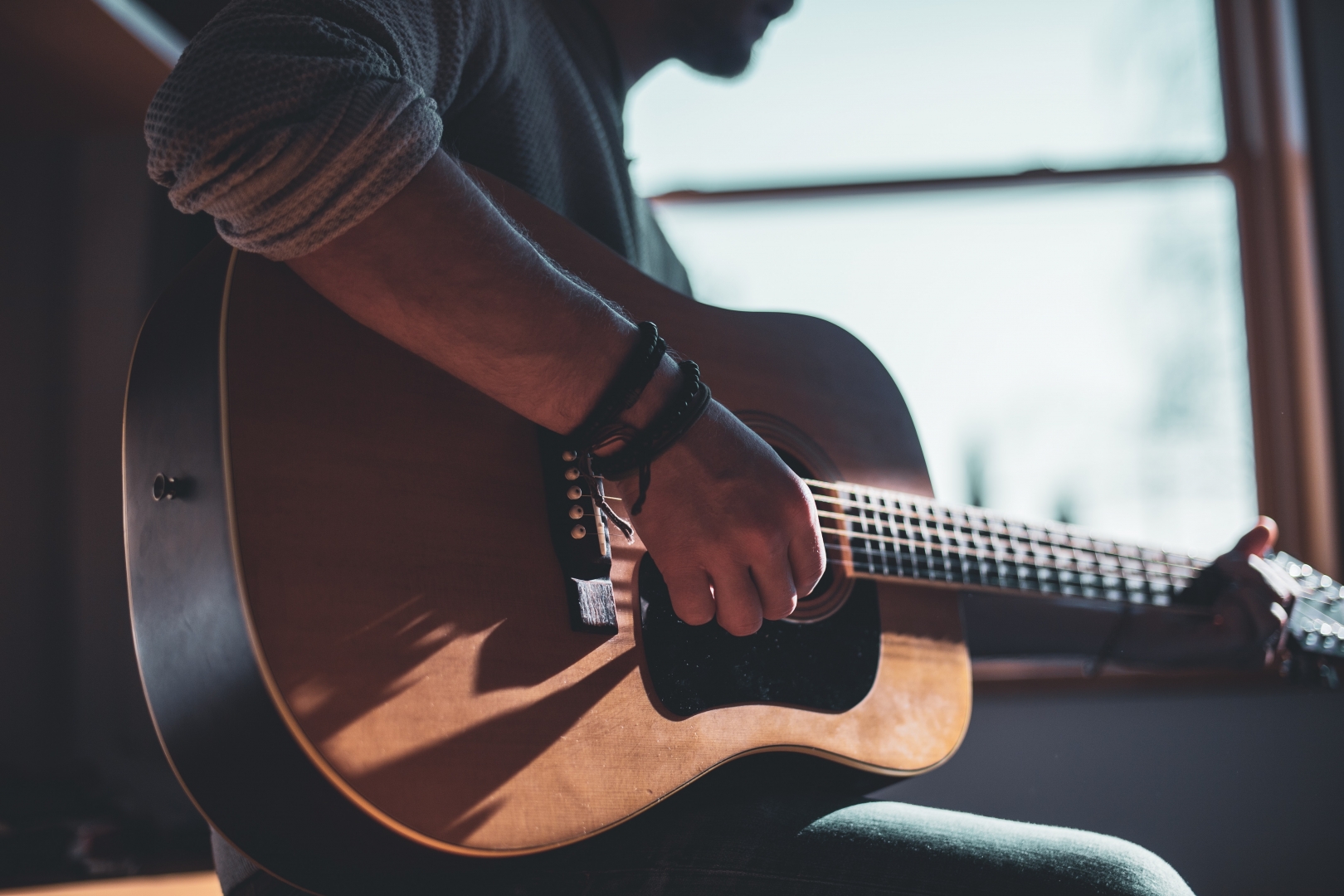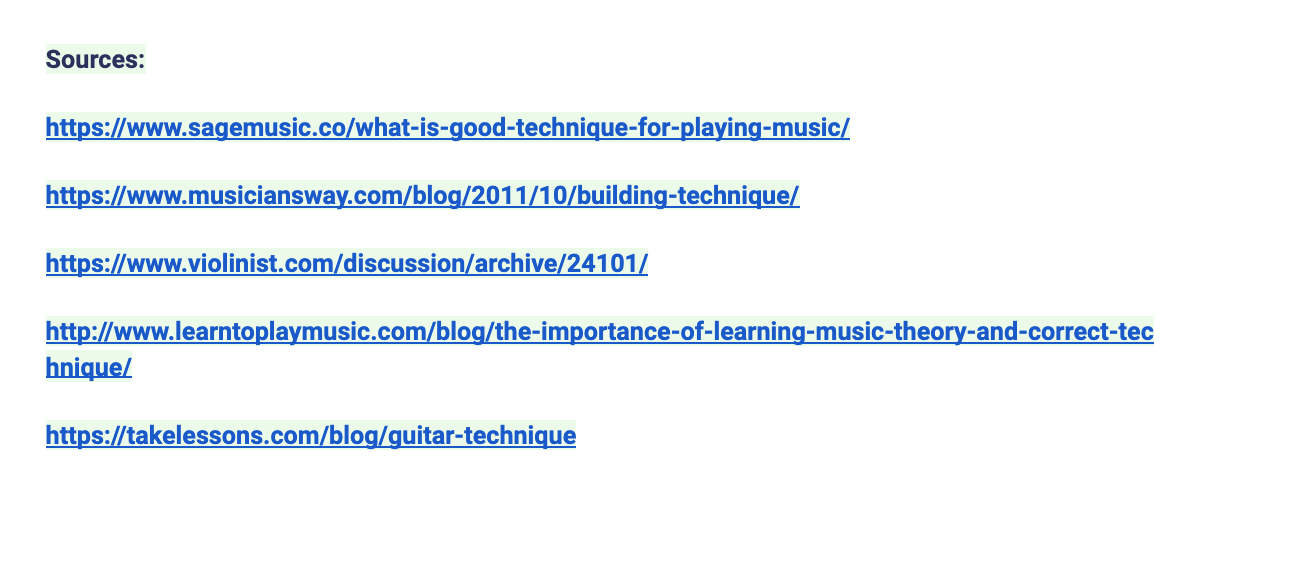“Technique is the ability to translate your ideas into sound through your instrument.”
– Bill Evans, Jazz Pianist

When students begin to learn an instrument, one of the most important elements a teacher will introduce is the value of proper technique. This will be different for each instrument; for example, a piano student will learn where and how to sit, how to hold their hands naturally, wrist posture, arm weighting, finger dexterity, etc — and all of these elements must be considered before we even play a single note! This provides new students with the most solid baseline possible, as they are introduced to the complex world of music-making!
Opinions on the importance of technique differ greatly, but here at Crescendo Music Studios, we believe that technique is a critical element to the foundations of music learning. Technique is essentially a building block from which any musician will grow in their instrument — in a safe, efficient, and healthy manner! Without the correct technique, musicians may be limited in what they can achieve, and can even become limited in their dexterity and mobility. However, with proper training, you can achieve inspiring results.
So What Is Technique?
Technique can be defined as the ability to play and produce the exact musical effect or note desired in a correct, efficient, and healthy way. When looking for proper technique, we consider:
- the physicality of the body
- placement of your instrument and/or body
- mechanics of playing your instrument
The tools we use to help achieve positive outcomes can include:
- Scales and other technical exercises
- Physical exercises with your instrument and away from your instrument
Good technique will prepare a musician for complex aspects of music as they grow and improve. For a beginning piano student, we teach the pentascale first (using just five fingers) before we move onto a full octave scale. After we have mastered the full octave scale, we will move on to two-octave scales, and so on. All technical skills are essentially ‘building blocks’ to achieving more complex skills as we grow and develop.
How Can I Improve My Technique?
Learning and improving technique doesn’t have to be a huge, daunting undertaking. Often teachers will begin with warm-ups, such as instrument exercises and even physical warm-ups. Practicing at home can be managed the same way. Use the lesson plan that your teacher has designed specifically for you each week. What technical concept are you currently trying to master? For percussionists, possibly you are working on a specific drum rudiment. Play this rudiment with the five-time rule in mind (once you have played it correctly five times, you can move on to the next concept). If it only takes 2 minutes, way to go! If it takes 10 minutes, that’s good, too. This perseverance will build muscle memory and help you to become a more confident musician. Muscle memory is defined as the ability to reproduce a particular movement without conscious thought. As you build this, you will become faster and more efficient!
What Will Improving My Technique Do For Me?
Improving your technique will help you to become a more skilled, well-rounded musician. It will allow you to play your instrument more efficiently – which will give you the freedom to play more complex material! Working on your technique will also allow you to learn and master many of the skills you will find in your repertoire – which means you will be able to play more difficult pieces with technical brilliance! Technique will enhance your ability to play in the healthiest way possible.
We encourage all students to practice and perfect their technique! At Crescendo Music Studios we promote a holistic musical education which includes a balance between technique, repertoire and theory each week. We strongly believe that students who master their technical skills will become more confident, well-rounded, healthy musicians.
